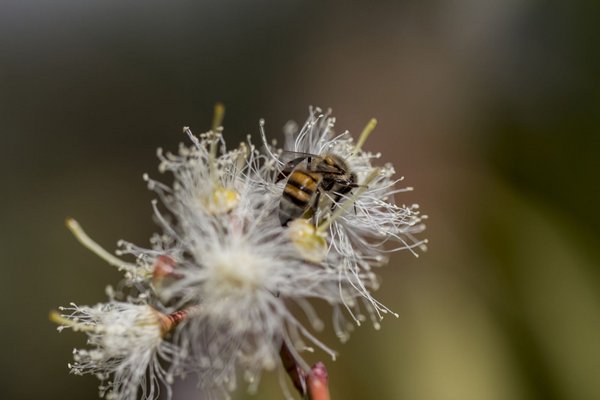- Share this article
- Subscribe to our newsletter
Loss of biodiversity causes yield reductions
Can ecosystem services like biological pest control and pollination be maintained by a few dominant species or do they rely on high richness? The greater the diversity of species and the smaller-scaled the agricultural landscape, the greater are the positive effects of natural service providers, said researchers from the Julius-Maximilians-Universität (JMU) Würzburg, Germany, in October 2019. With more than 100 participating scientists, they evaluated 89 studies investigating the connection between land use, biodiversity and the free services of ecosystems.
The studies took place at almost 1500 sites worldwide – from corn fields in the USA to oilseed rape fields in southern Sweden, coffee plantations in India, mango plantations in South Africa to cereal crops in the Alps.
In many respects, nature is an outstanding service provider for agriculture. Bees and bumble bees pollinate fruit trees and other crops. Parasitoid wasps and predatory beetles eat pests that would otherwise attack crops. In addition, there are many other animal species that work free of charge for humans.
However, where huge, monotonously planted areas predominate, the diversity and abundance of useful organisms are significantly reduced, having a negative impact on yields. In order to sustainably secure nature's free services, humans must ensure the greatest possible biodiversity, the researchers say. It is not enough to rely on just a few species as pollinators or pest regulators.
It has been controversially discussed whether a few, dominant species are sufficient to maintain crop pollination and pest control services. This study provides strong evidence that a high number of different species is crucially important to ensure services by arthropods and maintain high yields, the researchers state.
(JMU/ile)
Read more:
A global synthesis reveals biodiversity-mediated benefits for crop production. Dainese et al., Science Advances, 16 October 2019, DOI 10.1126/sciadv.aax0121 https://advances.sciencemag.org/content/5/10/eaax0121





Add a comment
Be the First to Comment